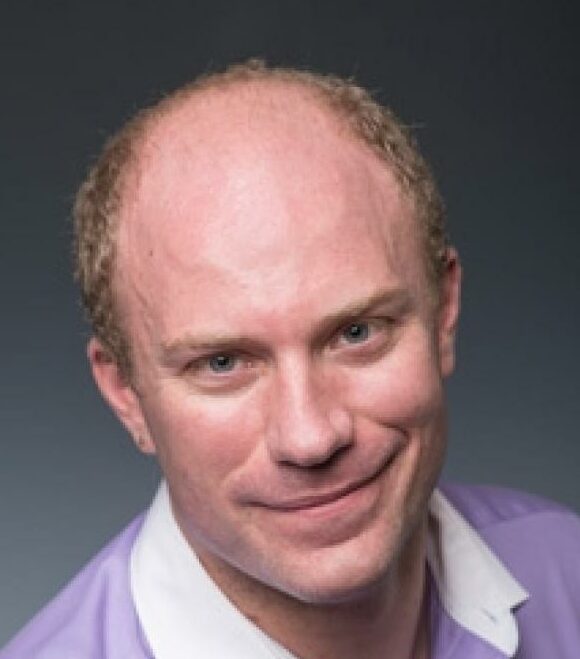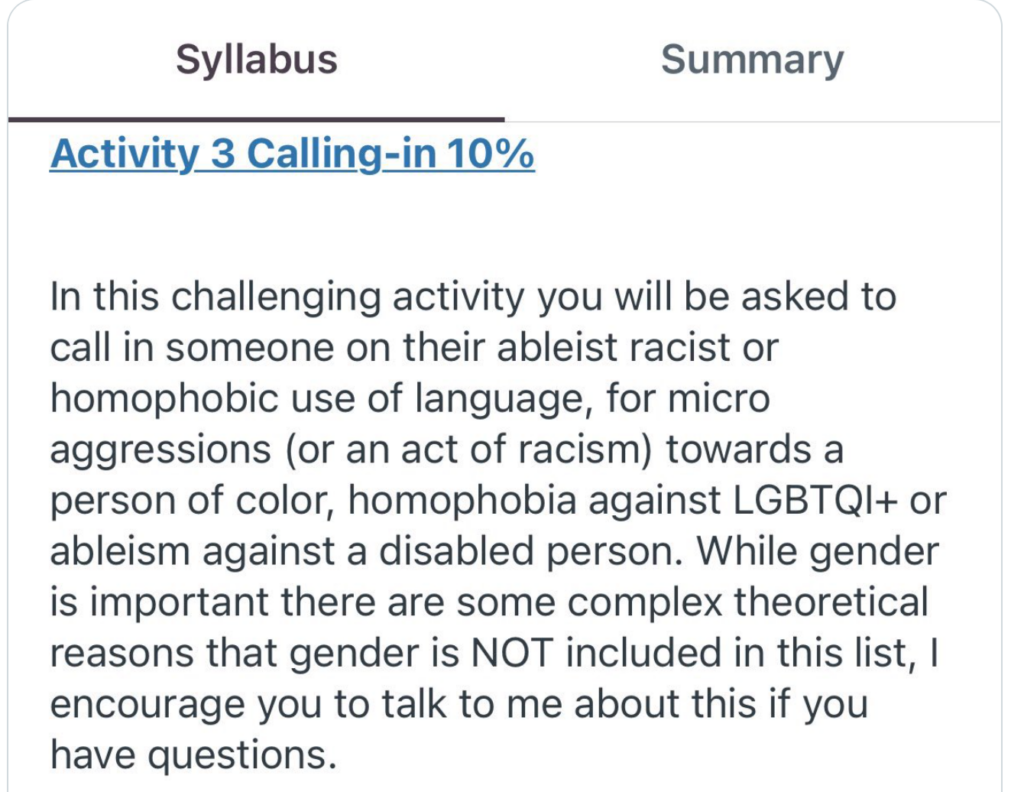Christian Student Orgs Under Fire at UNH Law
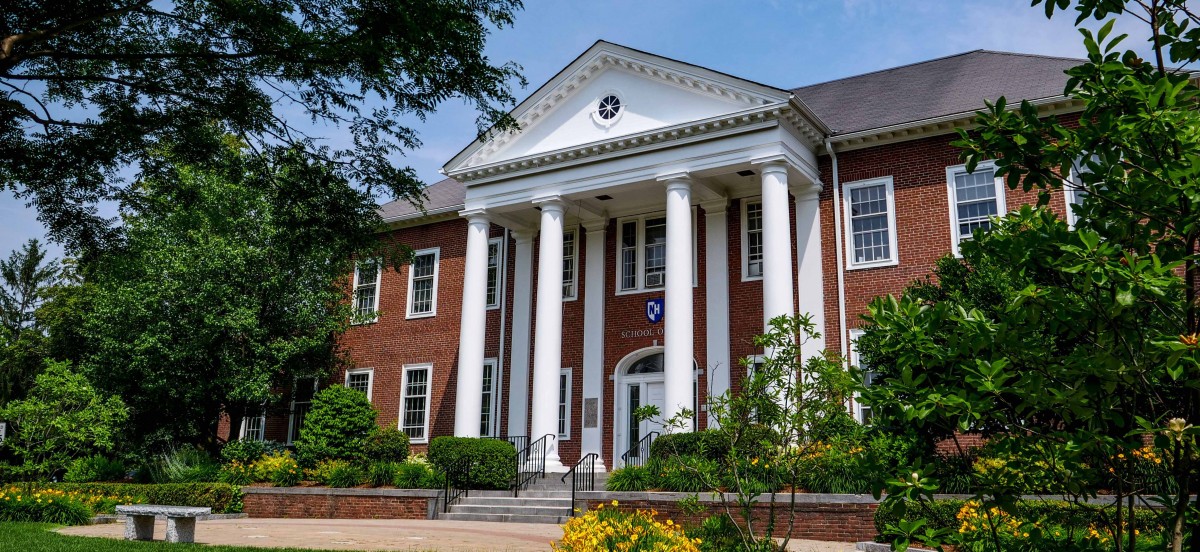
A Christian student organization has filed a complaint with the federal Department of Education over alleged unfair treatment on the campus of UNH Law School, largely at the hands of their fellow students who want the group shut down. Another group is facing protests over an email invitation to a vigil for the victims of the mass shooting at a Christian school.
It has become part of a larger national debate over the Biden administration’s decision to end a policy protecting religious liberty on campus.
According to the complaint, the Free Exercise Coalition (FEC) was denied official recognition as a student group at the University of New Hampshire Franklin Pierce School of Law by the Student Bar Association (SBA) last year. While the group met all the requirements, SBA members attacked its leadership as “hateful bigots,” “oppressors,” and “a problem for the law school.”
The March 23 complaint was filed by First Liberty Institute, a non-profit legal organization promoting religious freedom in public spaces. It reports the attacks on FEC students were so heated that “the FEC’s faculty advisor withdrew as advisor following the meeting. As of the date of this letter, the Coalition is still seeking a faculty advisor.”
When the organization’s application for recognition came up again in January, the SBA simply refused to hold a vote. While UNH Law has a range of student organizations, from the Diversity Coalition to Secular Students Alliance to the UNH Law Pond Hockey, the SBA would not even consider the Christian group’s application.
This apparent discrimination created a legal issue for UNH law, and the administration was forced to step in and grant the FEC’s request for recognition. But the trouble didn’t end.
In February, FEC members noted other campus groups were flying flags expressing political messages, such as the Pride flag or the Black Law Student organization’s flag, and asked permission to fly the Christian flag. They were denied and told instead they could post the flag on a “display board” instead, according to the complaint.
“The Free Exercise Coalition merely seeks to be treated like other student groups on campus. Instead, they are held to a different standard and, along with other people of faith in the community, are left feeling ostracized and insulted because of their religious beliefs.”
It’s not just the FEC. UNH Law students marched in protest last week over an email from the school’s Christian Legal Society calling for a vigil in the wake of the March 27 shooting at a Christian elementary school in Nashville, Tenn. The invite included details about the attack, noting the school shooter was a transgender person who intentionally targeted Christians.
“Nashville school shooter Audrey Hale identified as transgender and had a detailed manifesto to attack the Christian academy. By all accounts, this terrorist attack on a Christian school was motivated by anti-Christian hate,” the Christian Legal Society invitation stated.
In fact, the contents of Hale’s manifesto or the nine journals police found at Hale’s home have not been publicly disclosed.
The email went on to reference rising violent rhetoric coming from those in, and aligned with, the transgender community, often directed at Christians and used to intimidate people who disagree.
“Unfortunately, these tactics and rhetoric are not isolated to the national conversation. At UNH Law, students and others have similarly maligned Christian students and CLS as bigoted, hateful, or unfit for public recognition or acceptance,” the invitation stated. “If this tragedy was animated by such ideas and rhetoric, there needs to be much soul-searching by those who endorse similar ideas. Giving into these ideas is not compassionate; it is dangerous.”
Some students complained to UNH administrators and urged them to take action against the CLS. When the administration refused, citing First Amendment protections, students staged a walkout, chanting, “UNH stands against hate!”
“These statements were violent, and the university has only had quiet responses up until this point,” said law student Sydney Reyes in the Concord Monitor. “Without recognizing what has been experienced on campus as violent, I don’t think quiet responses are addressing it; it’s time to be loud.”
But in a written response, UNH Law School Dean Megan Carpenter defended the school’s free speech stance.
“As a guiding principle as an institution of higher education, we are committed to the free and open exchange of ideas, active discourse, and critical debate. All members of our community have the right to hold and vigorously defend and promote their opinions,” Carpenter wrote. “The exercise of this right may result in members of the community being exposed to ideas that they consider unorthodox, controversial, or even repugnant.”
Carpenter went on to write that the Christian Legal Society has the right to exist as a recognized entity on campus, though the administration does not necessarily endorse its views. She wrote that students have to learn to live with people with whom they disagree.
“The university and UNH Franklin Pierce honor sexual and gender diversity, and we also support the right for our members to freely express their sincerely held religious beliefs. Sometimes these principles and beliefs will come into opposition,” Carpenter wrote.
The University of New Hampshire has one of the highest rankings in the nation from the free-speech organization FIRE (Foundation for Individual Rights and Expression.)
Still, supporters of religious liberty remained concerned about what they see as an anti-First Amendment ethos on college campuses nationwide. Last month a group of congressional Republicans wrote to the federal Department of Education asking it to end plans to rescind a rule making it easier for faith-based student organizations at public colleges to raise discrimination claims.
The 2020 rule established a hotline where free exercise violations could be reported, and committed the department to act on complaints.

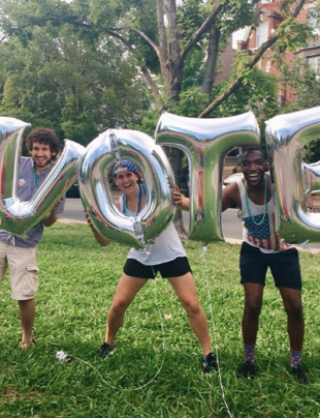
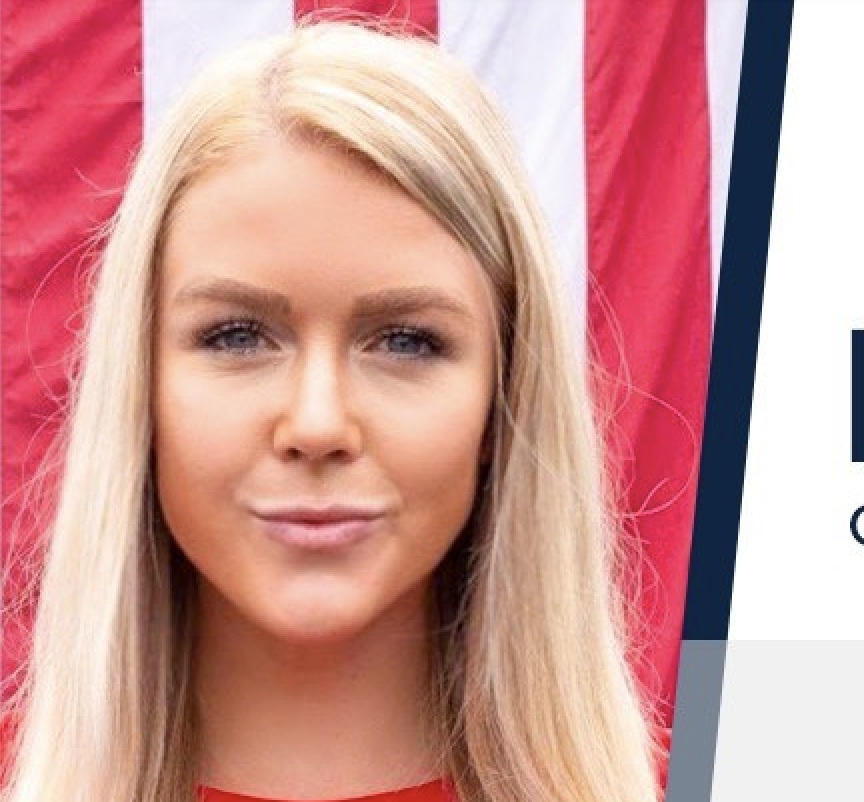
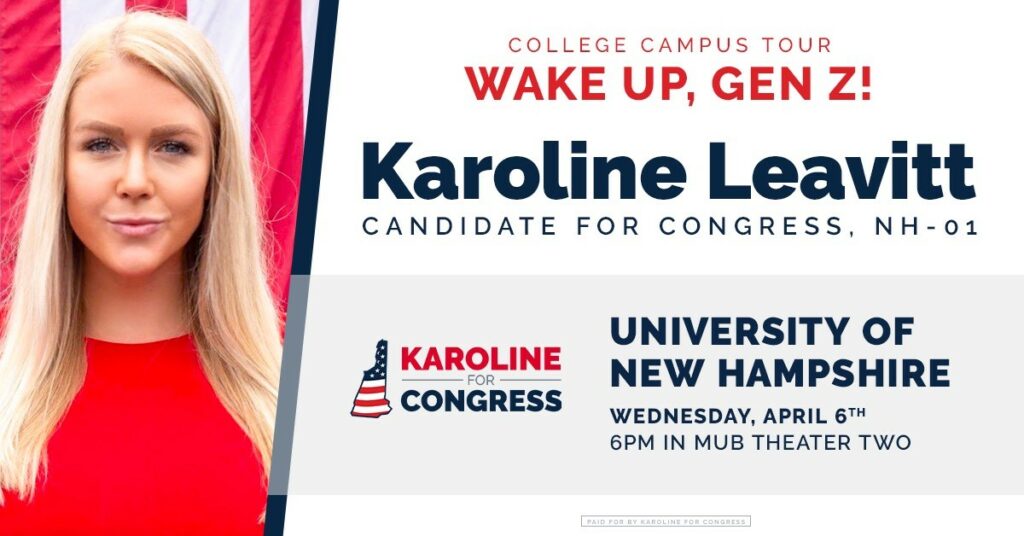


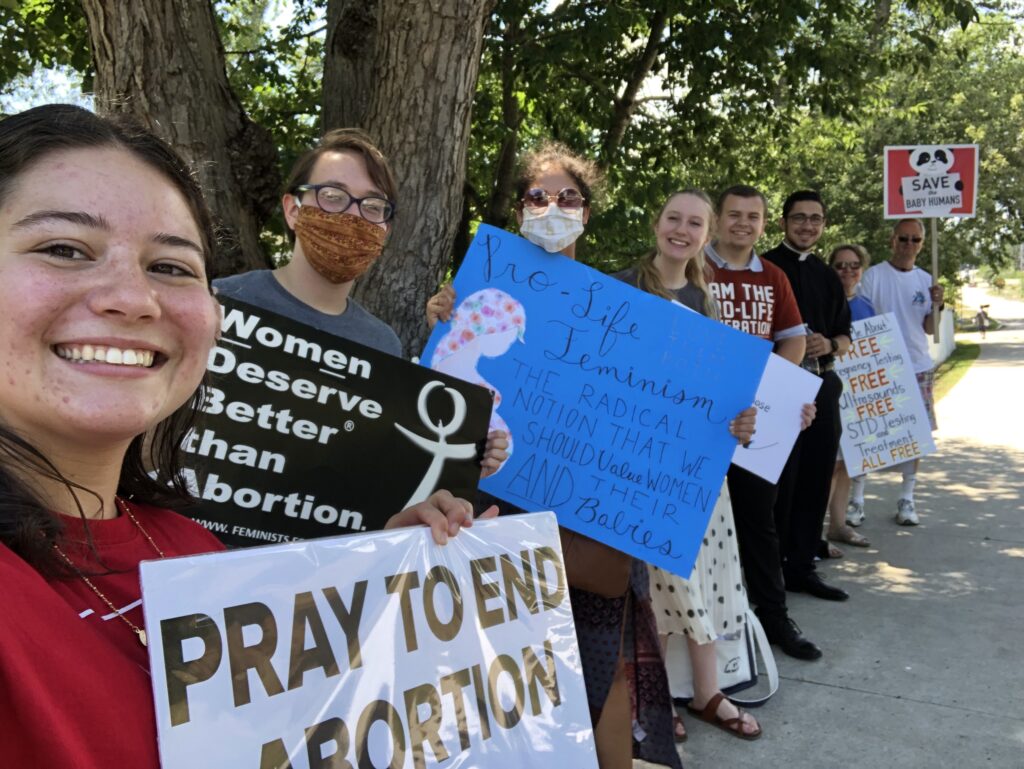 “It can be very frustrating,” Regan said. “They are ignoring that pregnancy only comes from sex.”
“It can be very frustrating,” Regan said. “They are ignoring that pregnancy only comes from sex.”
